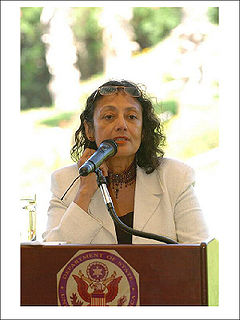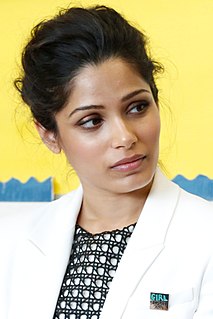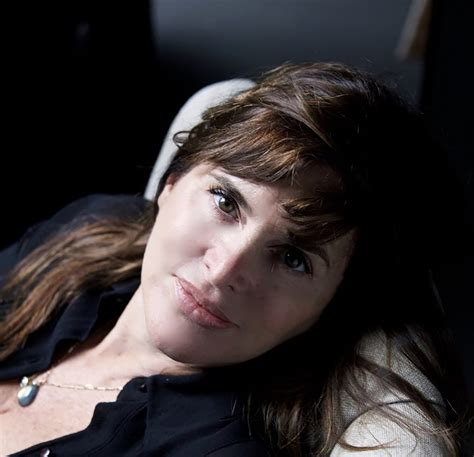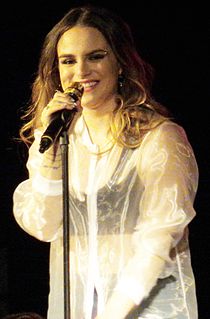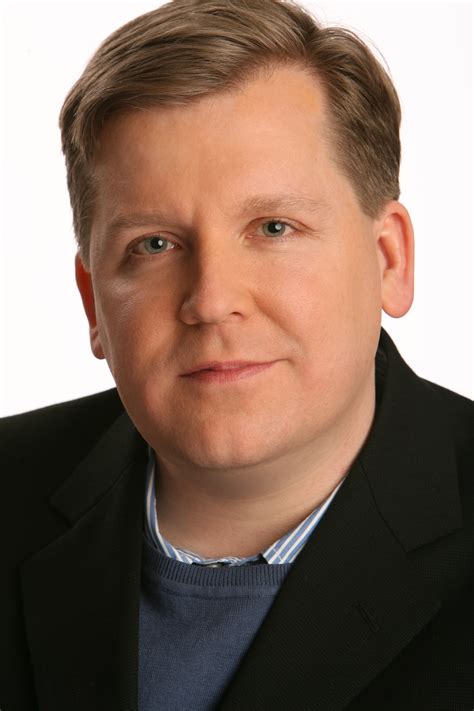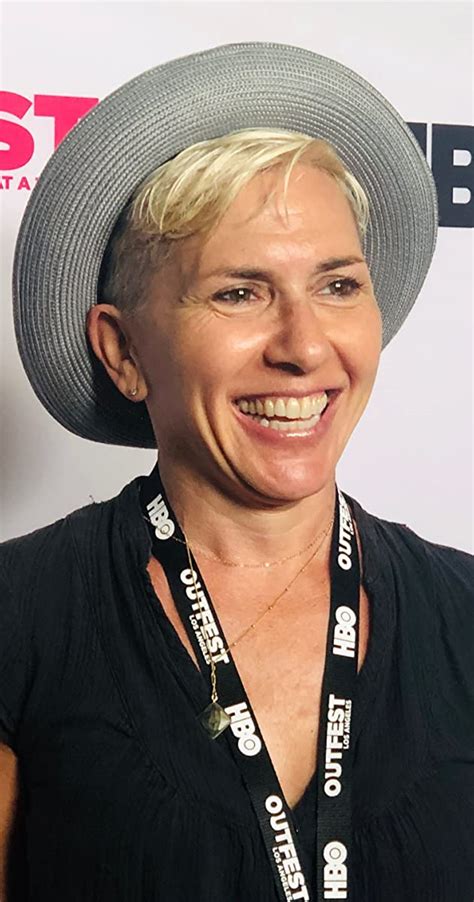A Quote by Carol Drinkwater
I was educated at a convent in Kent. It was run by Irish and French nuns. I mostly hated it but they did allow me to follow my passion for drama, writing plays, performing, and directing my works.
Related Quotes
Marathoning is a metaphor for life, so there are a lot of parallels you can draw. I tell people to follow your dream, follow your heart, follow your passion, run your own race and believe in yourself. I think anybody who wants to succeed has to have passion. My love for this sport, you can't instill it in someone else.
For me, the real goal is to integrate. The thing that I'm most happy with is the fact that I've been able to keep doing all of it - to keep writing, and to keep acting in movies, and to keep acting on the stage, to keep directing plays. I find that they feed each other, and that I learn about acting from directing and I learn about writing from acting.

